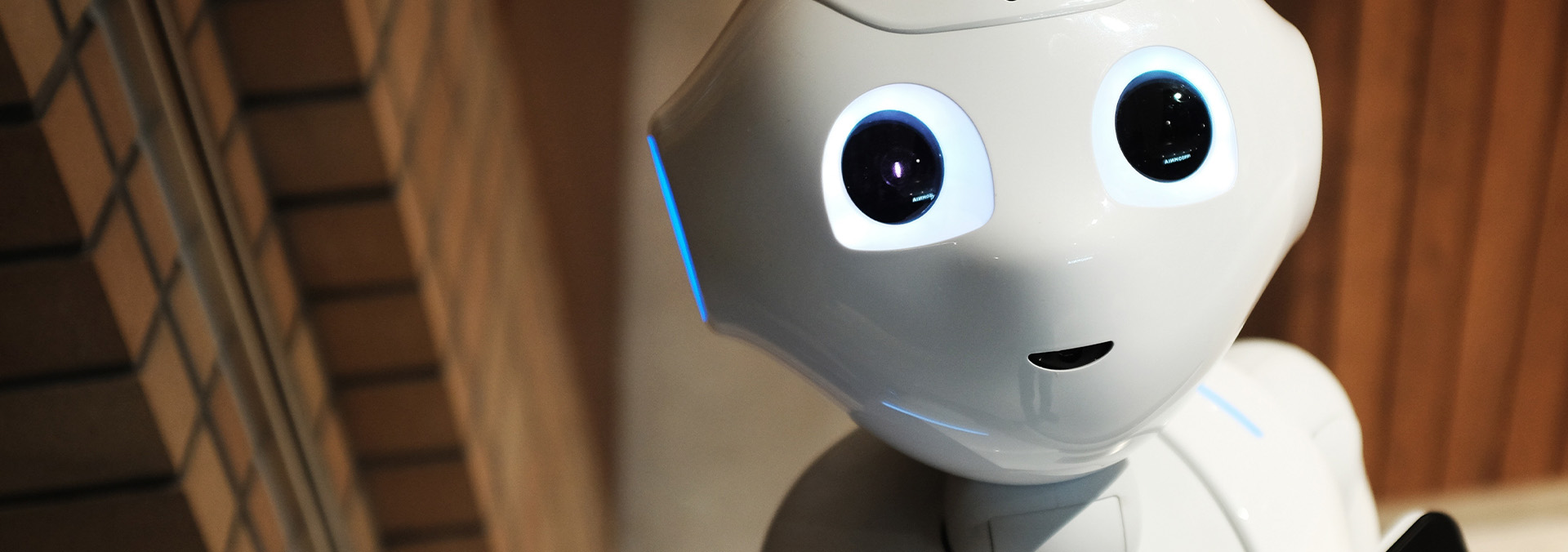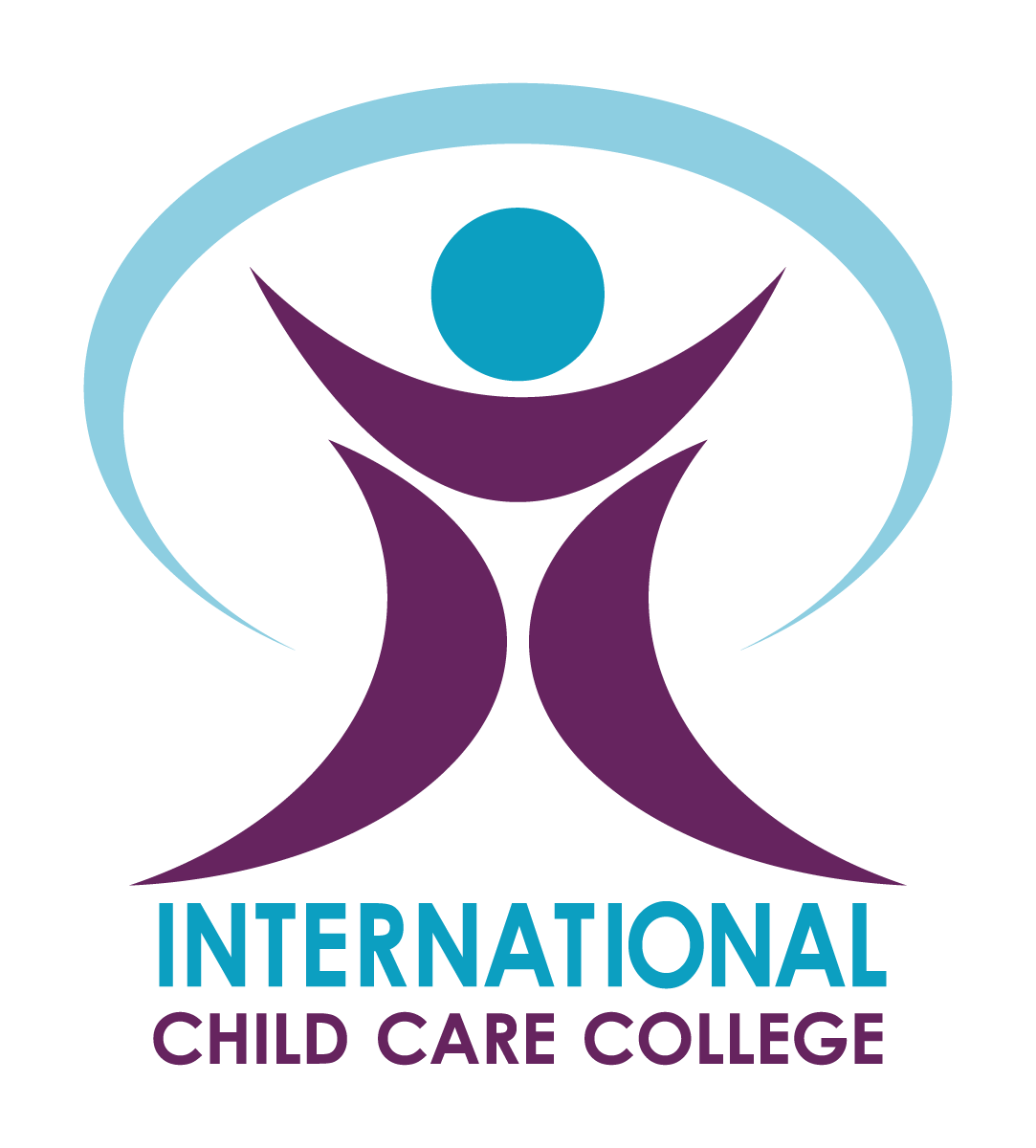
This week, two diverse but perhaps not unrelated news items caught my attention. The first was an ABC article on Artificial Intelligence (AI) announcing the next evolution in AI – Artificial General Intelligence (AGI).
AGI, which is still in the development stage, will be as smart or smarter than humans. Experts believe that AGI will become a highly autonomous system that will ‘outperform humans at most economically valuable work. The benefits and risks of AGI are amazing and thought-provoking. I decided to explore ChatGPT Open AI to see just what it could do.
It was mind blowing! You simply type in a question or topic and it will provide a comprehensive response. It can be used to create videos, write music, write stories or essays, create images, generate speech, it can generate an image from text, make a famous painting come to life and create architectural plans!
It reminded me of Stephen Hawking’s prediction that…
“AI will either be the best thing that ever happened to us or it will be the worst thing. If we’re not careful, it very well may be the last thing.”
Why does this matter to Educators?
It matters because AI brings into question the premise of knowledge-based education. It is no longer necessary to teach facts – these can be accessed on an ‘as needed’ or just-in-time basis. The future of education will likely shift to a greater emphasis in problem-solving, creative and critical thinking leading to innovation and change. However, AI or even AGI is unlikely to be able to foster human relationships, nurture children or encourage kindness, empathy and respect for the rights of others. That, I hope will remain the role of Educators.
This brings me to the second thing that caused me to stop and ponder this week. Firstly, a trip to the hair salon and a conversation with my hairdresser who described how her teenager is being relentlessly bullied at school. Sadly, I have heard this story from many parents of high school students who, despite schools’ anti-bullying policies, are often left to support their child without any concrete action from the schools. I have no figures on the rate of bullying or the damaging influence of social media – my own anecdotal evidence suggests the two are closely linked and that bullying is a chronic issue in our schools. I then heard on the news the horrific incident where a child was subject to gross abuse at a sleepover by her supposed ‘friends’ who shared their horrific assault on social media.
Coming full circle, I believe that schools need to look to the practices of Early Childhood Educators to address the issue of bullying. Instead of the current focus on knowledge acquisition, which is rapidly becoming redundant, the focus must shift towards what Early Childhood Educators do best – nurture children, build caring relationships and support children to develop kindness, empathy and respect for others. This may be regarded by some as a simplistic ideal – after all, teenage children are subject to more social pressures while struggling with the angst of adolescence and the brain’s final development towards self-regulation. However, I believe that a shift towards teaching emotional intelligence, (which is essentially what Educators do every day) will result in a more rounded, happier and emotionally healthy cohort of young people than the present education system that is becoming increasingly irrelevant in the 21st Century.
Karen Kearns (M.Ed (EC) B.Ed.(EC) Grad.Dip.Ed. (Spec. Ed.)
CEO, International Child Care College

